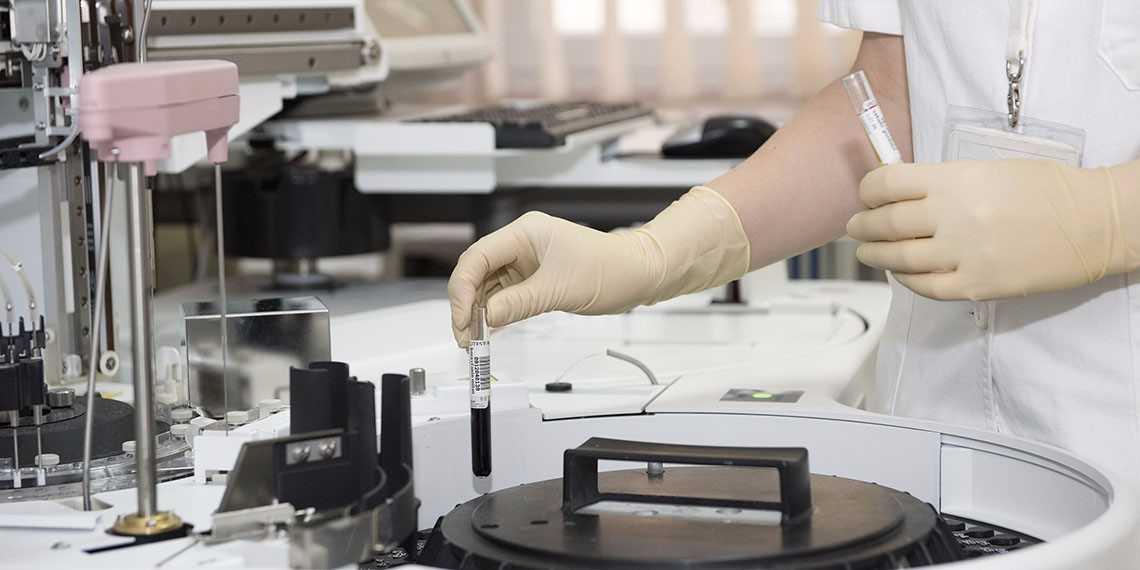
Mike Hoy
This research from economics professor Mike Hoy is funded by a SSHRC Insight Grant.


This research from economics professor Mike Hoy is funded by a SSHRC Insight Grant.
There are two interrelated aspects to my research. The first involves investigating the benefit and costs of new safety and information technologies. These include driver assist features such as blind spot monitoring for automobiles to improve safety and genetic tests used for improving personalized medicine. The second aspect of my research, which will be informed to a large extent by the first, involves critically appraising various existing and proposed criteria used in determining the social value of policies in environments where risk and/or information are important characteristics.
The introduction of new technologies, such as genetic tests and their role in the development of so-called personalized medicine, creates issues for managing risks and/or information at the individual and social level. Many people are reluctant to have genetic tests in the first place and then share the information with health professionals. Further complications arise when third parties, such as insurance companies, wish to have access to such information. In other applications, such as the introduction of driver-assist technologies, individual behaviour (attentiveness to traffic or willingness to text while driving) may be affected. These factors need to be taken into account in order to determine the value of new technologies and how they should be regulated.
I will utilize standard microeconomic and welfare analysis which has been strongly influenced by political and ethical philosophy. This approach will allow me to assess the outcomes of the adoption of new technologies.
From a general perspective, I hope to improve the methodology for determining the value of new technologies and how they should be regulated. In the specific case of genetic tests for use in strategies of personalized medicine, regulating the access of such information by third parties, such as life insurers, may be important. There are pros and cons to such access and these can appear in subtle ways. In the case of new driver-assist technologies, one may want to limit the extent to which these allow individuals to reduce their own care in driving.
I have started research on the effects of personalized medicine and driver-assist technologies with separate sets of coauthors. In each case, this means building mathematical models to describe how the implications of individual behaviours lead to aggregate or social outcomes. With the use of data, we can address whether individuals with improved air bags or with lane-assist technology drive less carefully due to an improved feeling of safety. If so, certain technologies may even lead to higher accident rates as was found with the introduction of seatbelts several decades ago.